Since September 2023, over 135,000 cleaner fish — lumpfish and wrasse — have died at a salmon farm in Loch Torridon, operated by Mowi Scotland. These species are used to control sea lice on farmed salmon but are often overlooked when it comes to mortality reporting. Their deaths, while significant, are treated as an expected consequence of production — collateral damage in a system that prioritises output over welfare.
Cleaner fish aren’t counted as livestock. They’re not protected under the same welfare standards as other farmed species. When they become ill, stressed or die due to overcrowding, disease or chemical treatments, there’s no legal requirement to record it publicly. Yet estimates suggest mortality rates can be staggeringly high — in some cases, close to total loss. This is not a one-off incident, but part of a much larger pattern of abuse to these sentient creatures within the industry.
The environmental impacts of these farms are equally troubling. In the last decade, at least 45 Scottish sea lochs have been polluted by pesticides used in lice treatments, including emamectin benzoate — a chemical known to harm crabs, lobsters and other seabed life. It persists in marine sediment long after the pens are emptied, and breaches of safe concentration limits have been recorded repeatedly.
This is the true cost of farmed salmon in Scotland. . Behind every fillet are thousands of unseen lives — not just the salmon themselves who are often plagued with parasites and disease, but the cleaner fish used and discarded, and the wild species affected by pollution and disease transfer. Despite claims of sustainability, what’s happening in Scotland’s sea pens is neither ethical nor environmentally sound.
If this kind of routine suffering and mortality were happening on land, to animals people feel more familiar with - beautiful Spring lambs perhaps - it would rightly cause outrage. But in the water, out of sight, fish deaths continue to be dismissed by an industry that’s as quick to call itself sustainable as it is to turn it’s back on animal suffering.
Our articles are free because we want as many people as possible to think about animal welfare. You can support our mission to provide sanctuary to more animals and tell more of their stories by visiting our store, sending a gift or sharing our articles on social media
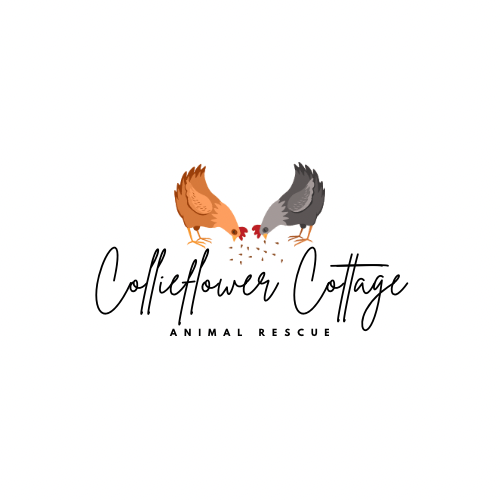

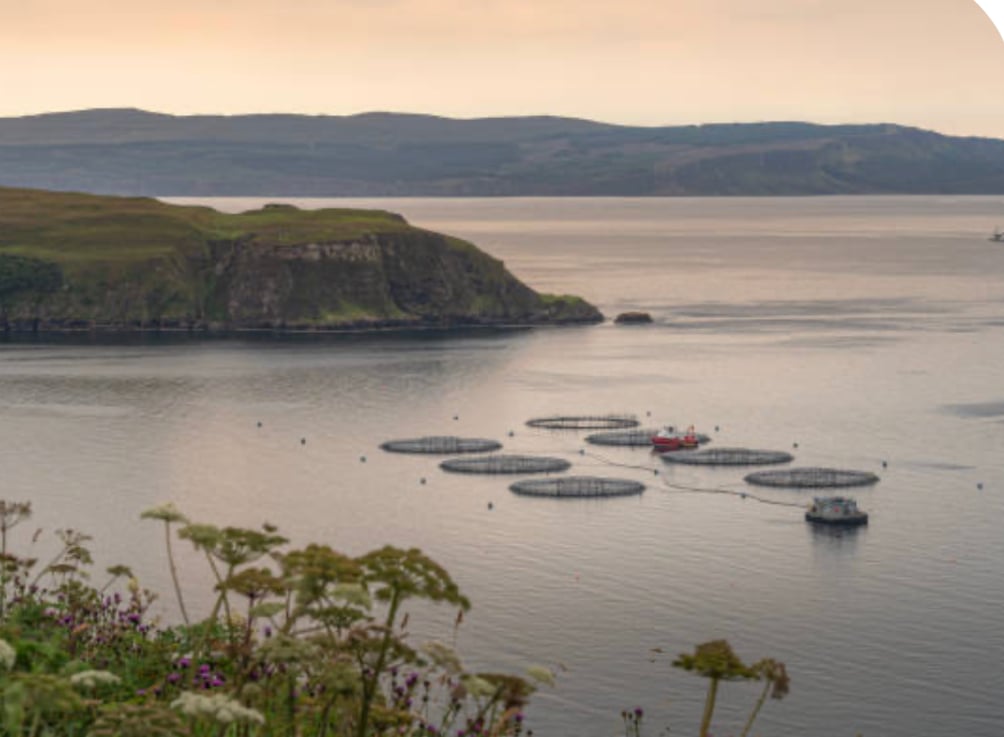
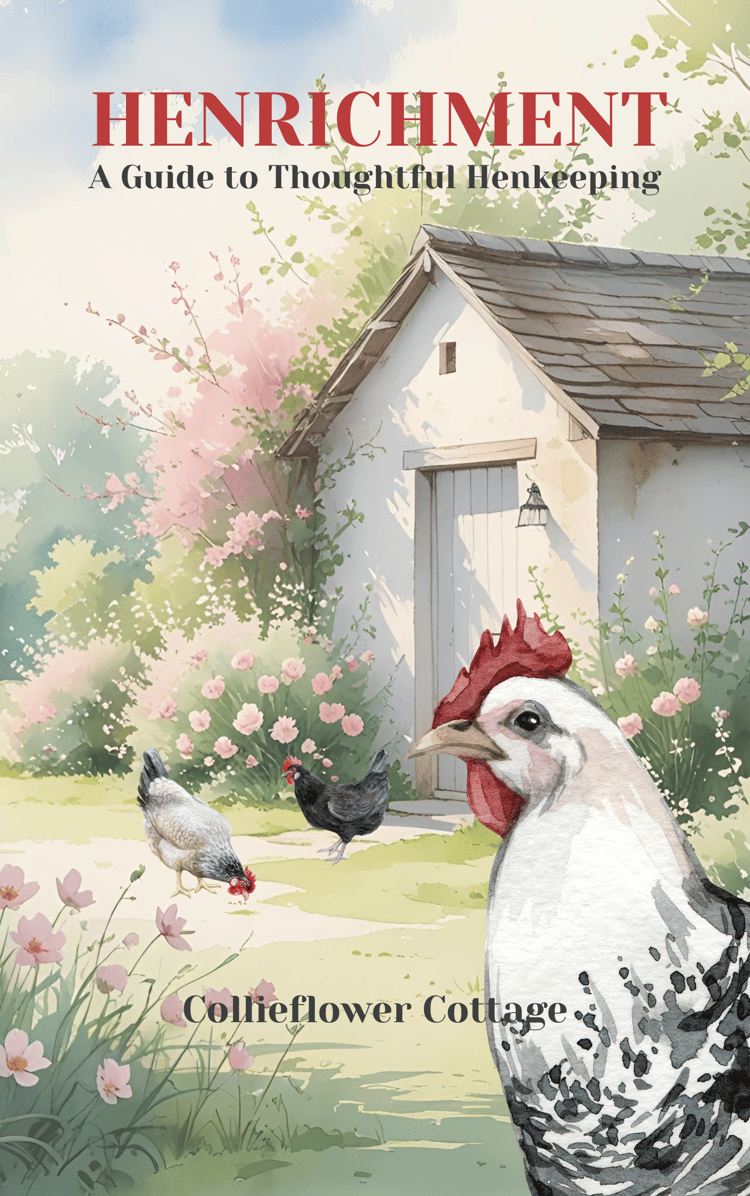
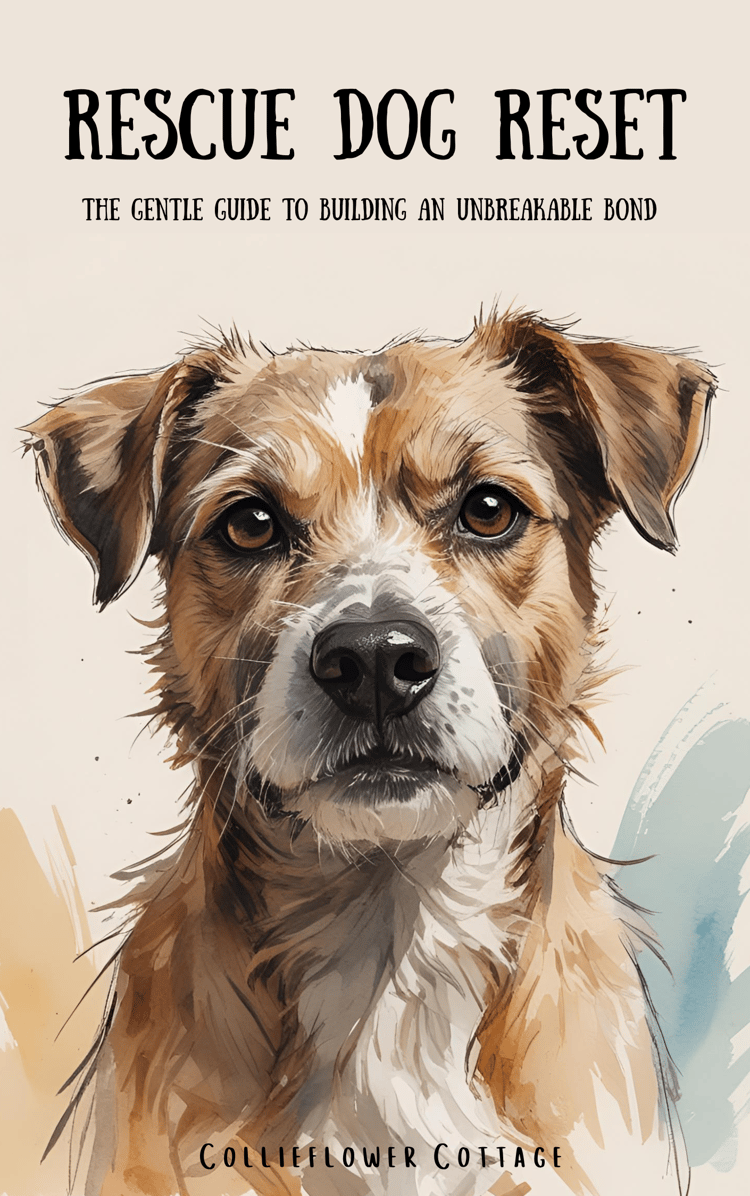
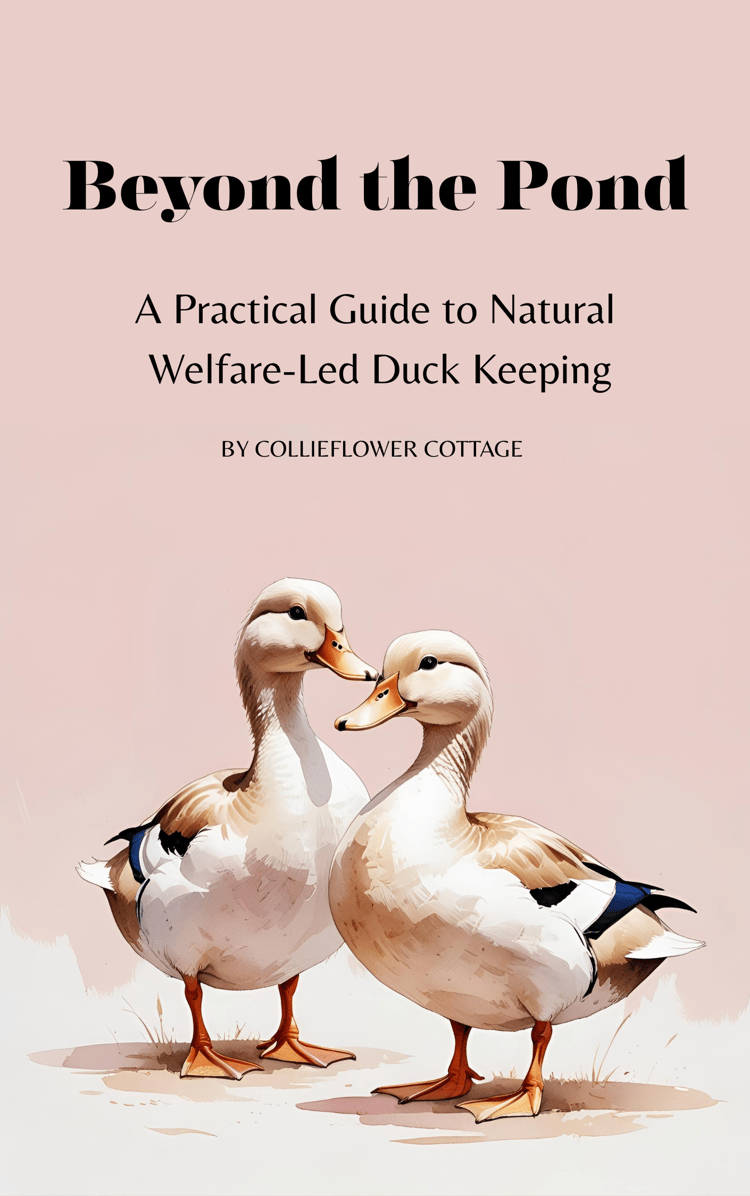
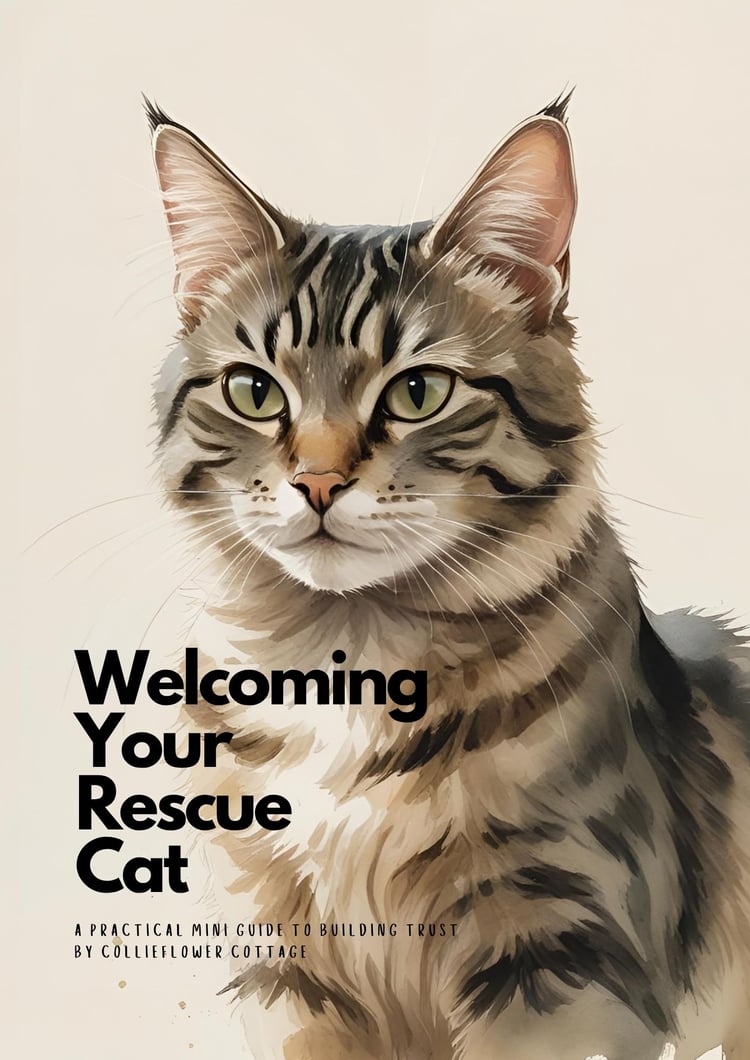
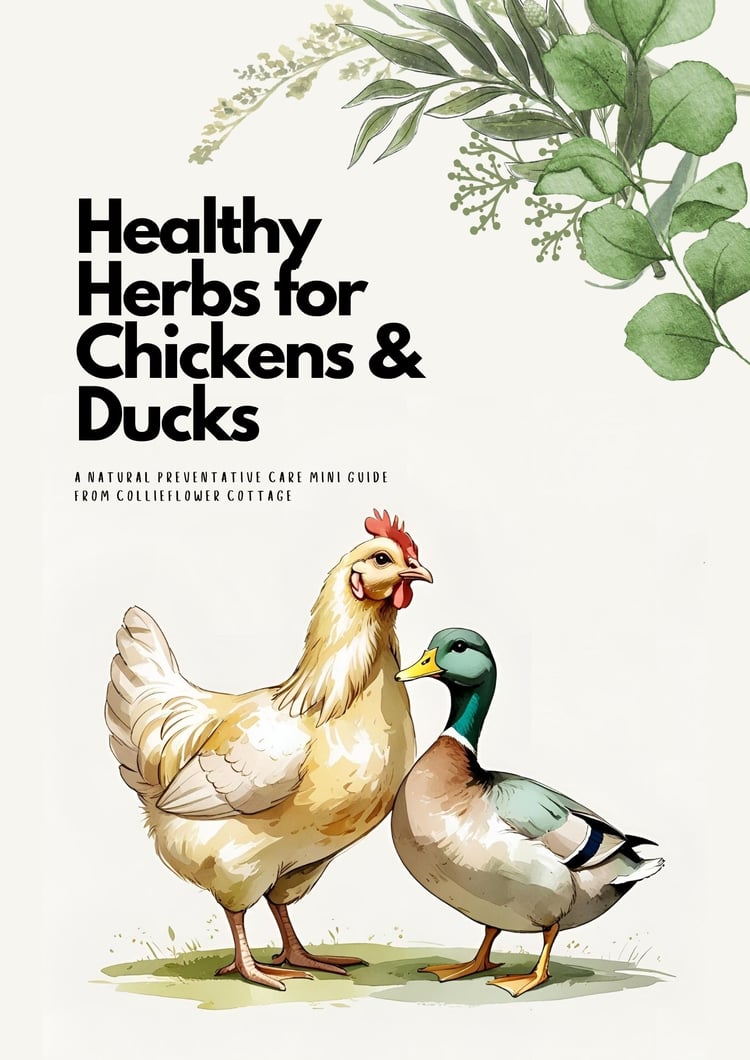
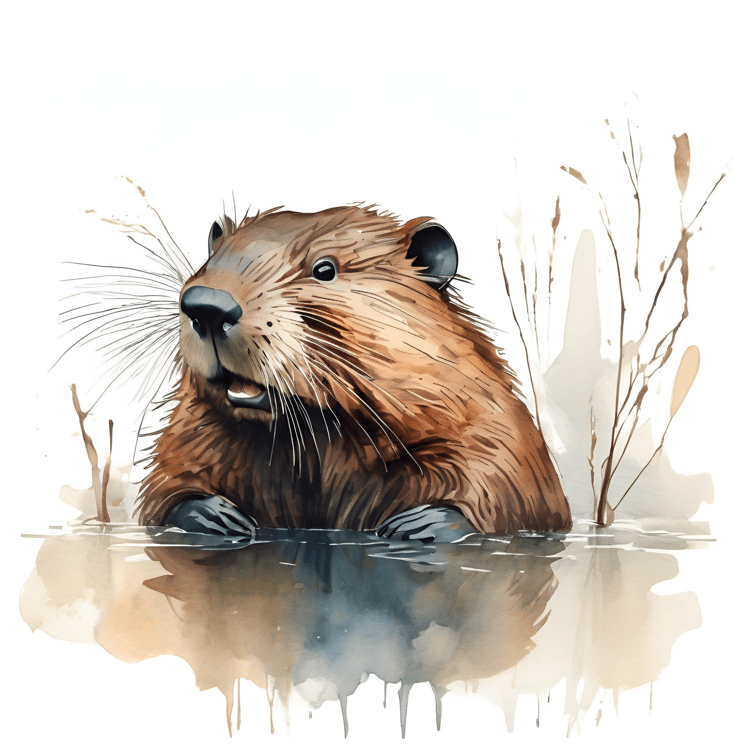
Comments ()